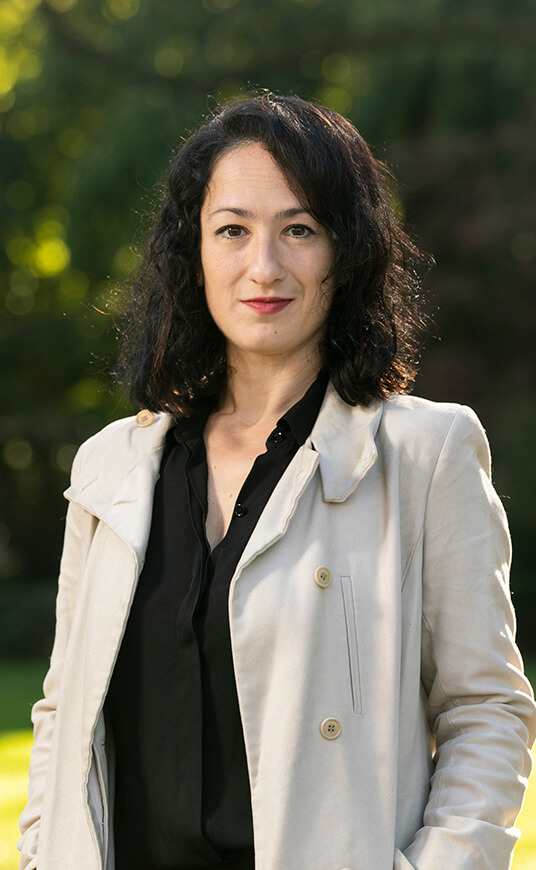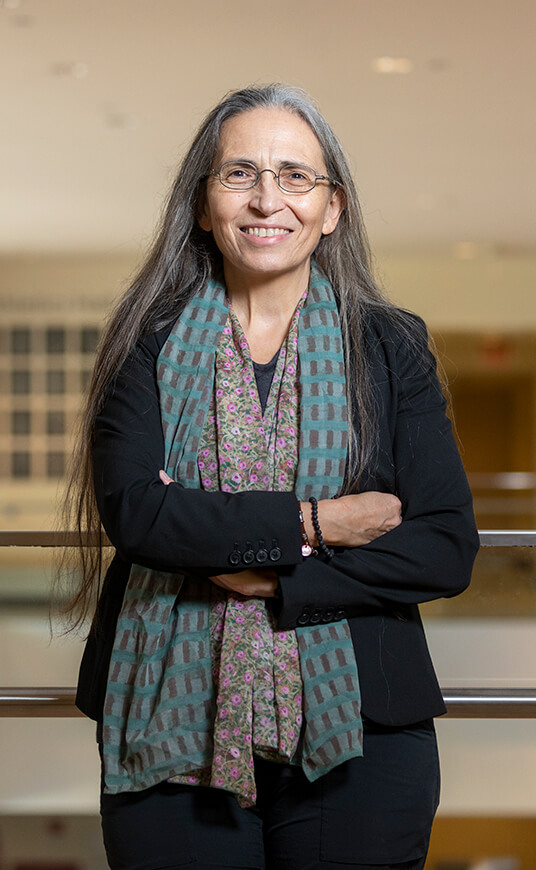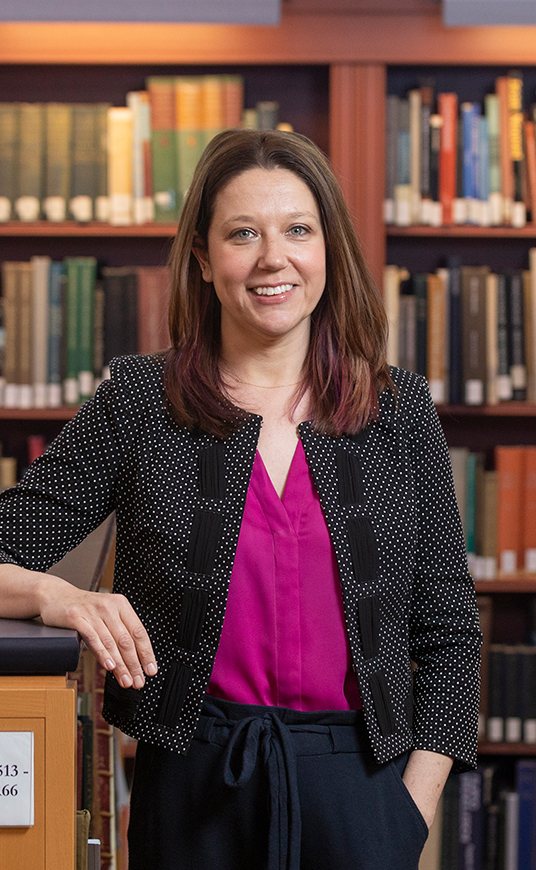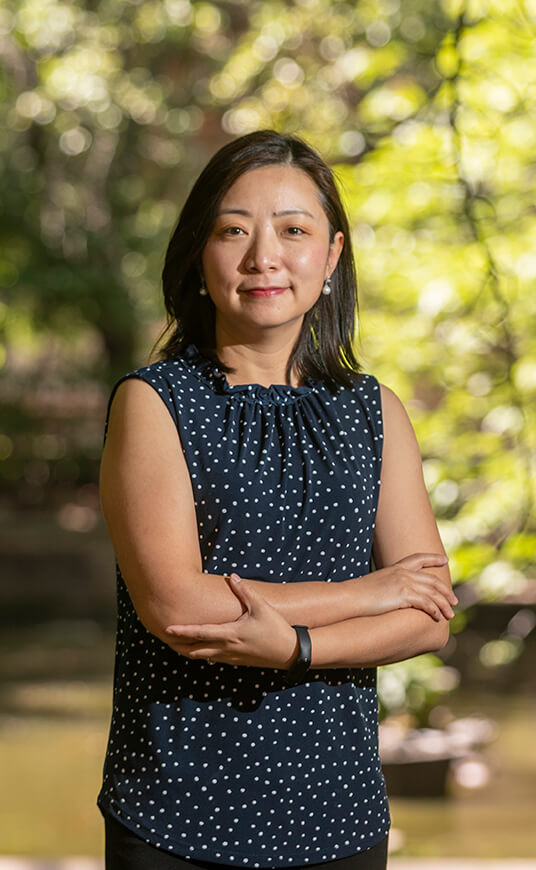Psychology, B.S.
School of Natural and Behavioral Sciences
Program Overview
If you are fascinated by human behavior and the human mind, a psychology degree may be right for you. Studying psychology will help you understand cognitive processes, such as thinking, language, and memory, and how they are linked to brain functions; social behavior, including how we interact with others individually and in groups; how people change from birth through aging; and how to increase well-being in the community. You will find our Psychology Department to be an environment that will stimulate your interest and provide you with the basis for pursuing careers in many fields.
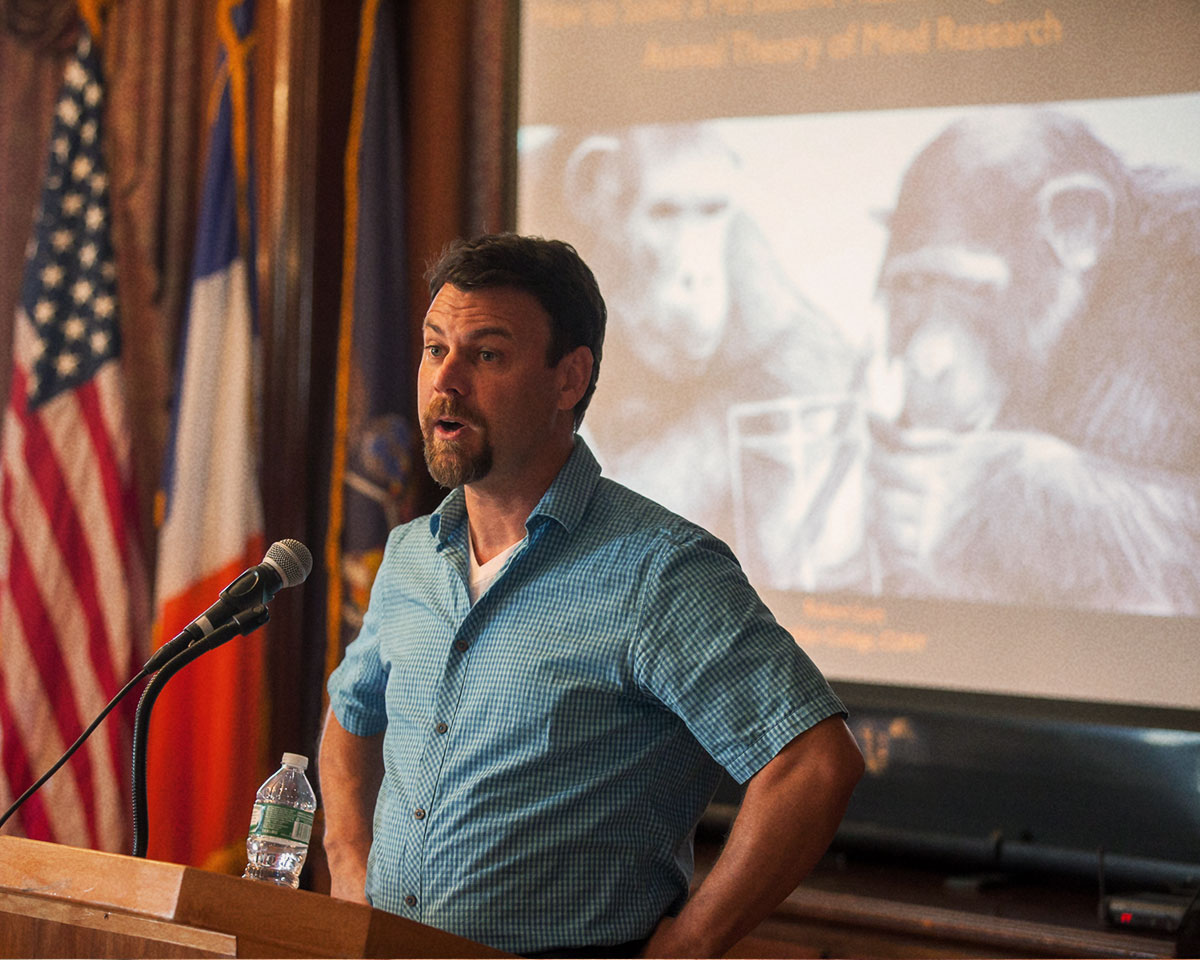
Major Details
The program information listed here reflects the approved curriculum for the 2024–25 academic year per the Brooklyn College Bulletin. Bulletins from past academic years can be found here.
Major Requirements (32.5 Credits)
The department chair, with the approval of the chair of the department’s undergraduate curriculum committee, may allow substitutions for one or more of these requirements consistent with the educational goals of the program.
All of the following:
- Psychology 1000, 3400, and 3450W
- Three of the following courses, one from each set:
- Four additional advanced electives in psychology. No more than one of the following courses may be used to satisfy this requirement: Psychology 5001, 5002, 5003, 5004, 5011, 5012, 5013, 5014. Advanced courses are any courses numbered 3000 and above.
Additional Requirements for a B.S. Degree
Candidates for a B.S. degree with a major in psychology must complete at least 60 credits in science and mathematics, 24 of which must be completed in advanced courses in the Psychology Department. These 24 credits must be completed at Brooklyn College with a grade of C- or higher in each course. Specific course requirements for a B.S. degree are described above.
The following courses may be applied toward the 60 credits in science and mathematics:
- All courses in the departments of Biology, Chemistry and Biochemistry, Computer and Information Science, Earth and Environmental Sciences, Mathematics, Physics and Psychology
- Courses marked with a # symbol in the Department of Health and Nutrition Sciences
- Other courses:
- Anthropology 3199, 3230, 3240, 3250, 3260, 3440, and 4665
- [Core Studies 5, 5.1, 5.2, 7.1, 7.2, 8.1, and 8.2]
- Biology 1010, Chemistry 1007, Physics 1005, Earth and Environmental Sciences 1010
- [Core Curriculum 3301 through 3399]
- Economics 3400, 3410, 4410, and 4422
- Philosophy 3203, 3204, and 3601
- Kinesiology 3271, 3275, 4229, and 4251
- Macaulay Honors College 2001
- Sociology 2701.
Department Recommendations
Prospective psychology majors should consult a department counselor as early as possible. Majors and prospective majors should consult department counselors before each registration to plan individual programs.
Psychology majors are strongly advised to complete the Psychology 3450W requirement as early as possible, preferably by completion of the junior year. For courses requiring permission of the chair as a prerequisite, permission should be obtained before registration.
Student Learning Outcomes
The Psychology Department adopts these five learning outcomes from the APA Guidelines (PDF) for the undergraduate psychology major:
Content Knowledge and Application
Students demonstrate comprehension of the major concepts, theoretical perspectives, historical trends, and empirical or evidence-based findings to discuss how psychological principles apply to behavior and mental processes. Students completing foundation courses demonstrate breadth of their knowledge and application of psychological ideas to simple problems; students completing a baccalaureate degree show depth in their knowledge and application of psychological concepts and frameworks to problems of greater complexity. Students are able to discuss psychological science’s integrative themes and the respective sociocultural and historical backgrounds of those themes.
Scientific Inquiry and Critical Thinking
Psychology is a STEM discipline that uses the same research practices found in other scientific fields (Dovidio et al., 2010). The skills in this domain involve the development of scientific reasoning and investigation, including developing proficiencies in research methods and statistics. Although these outcomes are introduced in foundation coursework, students typically develop these proficiencies mainly in required courses that focus on research methods and statistics. Students completing foundation courses learn basic skills and concepts in interpreting behavior using research, studying research, and applying research design principles to draw appropriate conclusions about behavior; students completing a baccalaureate design, evaluate, and execute research plans. Research skills reflect knowledge of and respect for diversity-related issues when targeting samples in study design. Research practice also includes an evaluation of the extent to which research findings can be generalized as applicable to groups beyond the research sample.
Values in Psychological Science
This goal promotes the development of ethical and socially responsible values and behaviors in personal, professional, organizational, and institutional settings. The goal includes ethical reasoning and practices, interpersonal and intercultural responsiveness, and strategies that promote and sustain strong communities and equitable opportunities. Novice students in psychology become familiar with the formal regulations that govern ethical obligations in psychology and begin to embrace the values that will help them contribute to socially responsible outcomes in academic and work settings and in society. Advanced psychology students have more direct opportunities to embrace and adhere to ethical practices that will help them optimize their personal and professional achievements and contributions. Novice students recognize how diversity deriving from individual and intersectional differences can enrich human experience. Advanced students are adept at applying knowledge of individual and intersectional differences to improve outcomes. The final outcome addresses the ways in which psychological science can promote a more functional and fair society. Novice students explore the possibilities of using psychological knowledge to build better communities. Advanced students develop the skills to take appropriate action to improve community functions.
Communication, Psychological Literacy, and Technology Skills
The skills in this category address the ability of students to build and maintain effective communication skills in processing and expressing information. Novice students develop the capacity to distinguish appropriate and inappropriate communication strategies in developing interpersonal relationships. Advanced students use their knowledge of equity, diversity, and inclusion to improve the effectiveness of their communication skills. Novice students grow in their ability to express their own ideas with clarity, explain the ideas of others, discuss psychological concepts, communicate a cogent scientific argument, and present information using a scientific approach. Toward the end of their major, students are able to communicate the results of a research study or other psychology-related project, explain scientific results, and present information to professional audiences in different formats. Students develop psychological literacy, including applying knowledge of research skills necessary to be an informed consumer of research or a critic regarding unsupported claims about behavior. Ultimately, the psychology student possesses the tools and motivation to evaluate whether claims have merit. They also develop some sophistication in using appropriate technology to improve communication outcomes.
Personal and Professional Development
The skills in this domain refer to abilities that sharpen students’ readiness for the workplace whether the student’s future involves graduate school or a job following the associate or baccalaureate degree. A background in psychological science may confer a workplace advantage because of the specific applicability of content that focuses on understanding human diversity and behavior. The skills related to this goal have been influenced by The Skillful Psychology Student, a document developed by APA’s Committee on Associate and Baccalaureate Education that articulates what skills students will need to be successful. The emphasis in this domain involves self-regulation, project management skills, professional judgment, collaboration skills, and proficiency in workplace technology and career planning. Curriculum design within psychology programs needs to address how to provide explicit feedback to promote development of these skill sets over the duration of study in psychological science. These skills can be developed and refined in traditional academic settings and through experiences acquired during internships, full- or part-time jobs, leadership positions, and extracurricular engagement (cf. National Association of Colleges and Employers’ Job Outlook, 2022). Educators commit to facilitating inclusive opportunities for psychology students from different backgrounds. Campus career professionals can be enlisted to support planning and execution of goals related to selection and pursuit of a professional direction.
Degree Maps
To help you pursue your studies in the most efficient manner, and to maximize your efforts to graduate in four years, Brooklyn College has created four-year degree maps for all its majors.
View degree maps for this major and others.
Contact
Psychology Department Adviser
5401 James Hall
E: psychadvisor@brooklyn.cuny.edu
P: 718.951.5601
Or contact:
Office of Undergraduate Admissions
222 West Quad Center
2900 Bedford Avenue
Brooklyn, NY 11210
E: adminqry@brooklyn.cuny.edu
To make an appointment with an undergraduate admissions counselor, visit:
The Support You’ll Find
Brooklyn College is an integral part of the cultural and artistic energy of New York City. Our faculty members in the Department of Psychology offer incomparable expertise and tremendous talent, and each brings a unique perspective to their teaching and mentoring in and out of the classroom.
Internships and Employers
Through job fairs, the internship database, and internship panels, the Magner Career Center gives students in the psychology B.S. program access to career opportunities at a wide variety of employers, including:
- AHRC New York City
- Hunter College (CUNY)
- Icahn School of Medicine at Mount Sinai
- Jewish Board of Family and Children’s Services
- New York City Department of Education
- New York University
- Northwell Health
- NYU Langone Health
- Queens College (CUNY)
- Touro University







